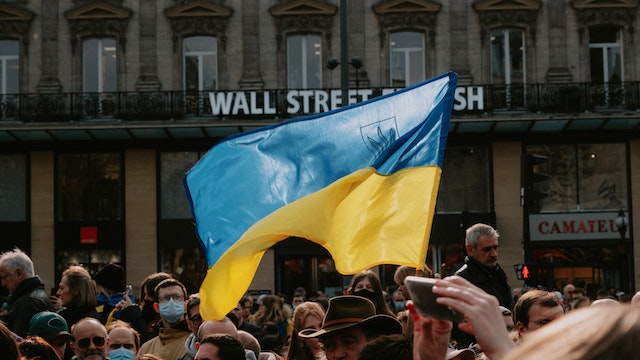The ongoing war in Ukraine began in 2014, following the ousting of Ukraine’s pro-Russian President Viktor Yanukovych. This event, known as the Euromaidan Revolution, sparked tensions between Russia and Ukraine and led to Russia’s annexation of Crimea in March 2014.
Since then, fighting has erupted in Eastern Ukraine between Ukrainian government forces and Russian-backed separatist groups. The conflict has resulted in thousands of deaths and the displacement of over 1.6 million people.
Both sides have been accused of human rights abuses and violations of international law. The UN has reported that the separatists in Eastern Ukraine has resulted in the deaths of over 10,000 people, and the European Union and United States have imposed sanctions on Russia in response to their actions in the region.
Despite ongoing peace talks, the situation in Eastern Ukraine remains tense and the ceasefire agreements have been repeatedly violated. The international community, including the UN and the Organization for Security and Cooperation in Europe (OSCE), has called for a peaceful resolution to the conflict.
The war has had a devastating impact on the Ukrainian economy, with GDP declining by nearly 17% in 2015. The situation has improved slightly in recent years, but the ongoing conflict continues to impede economic growth and recovery.
The humanitarian situation in Eastern Ukraine is dire, with many civilians facing shortages of food, water, and medical supplies. The UN and other humanitarian organizations have been providing assistance to those affected by the conflict, but the needs are still great.
The war in Ukraine continues to be a major point of tension between Russia and the West, and the international community is closely monitoring the situation. The hope is that a peaceful resolution can be reached, so that the people of Ukraine can begin to rebuild their lives and their country.
